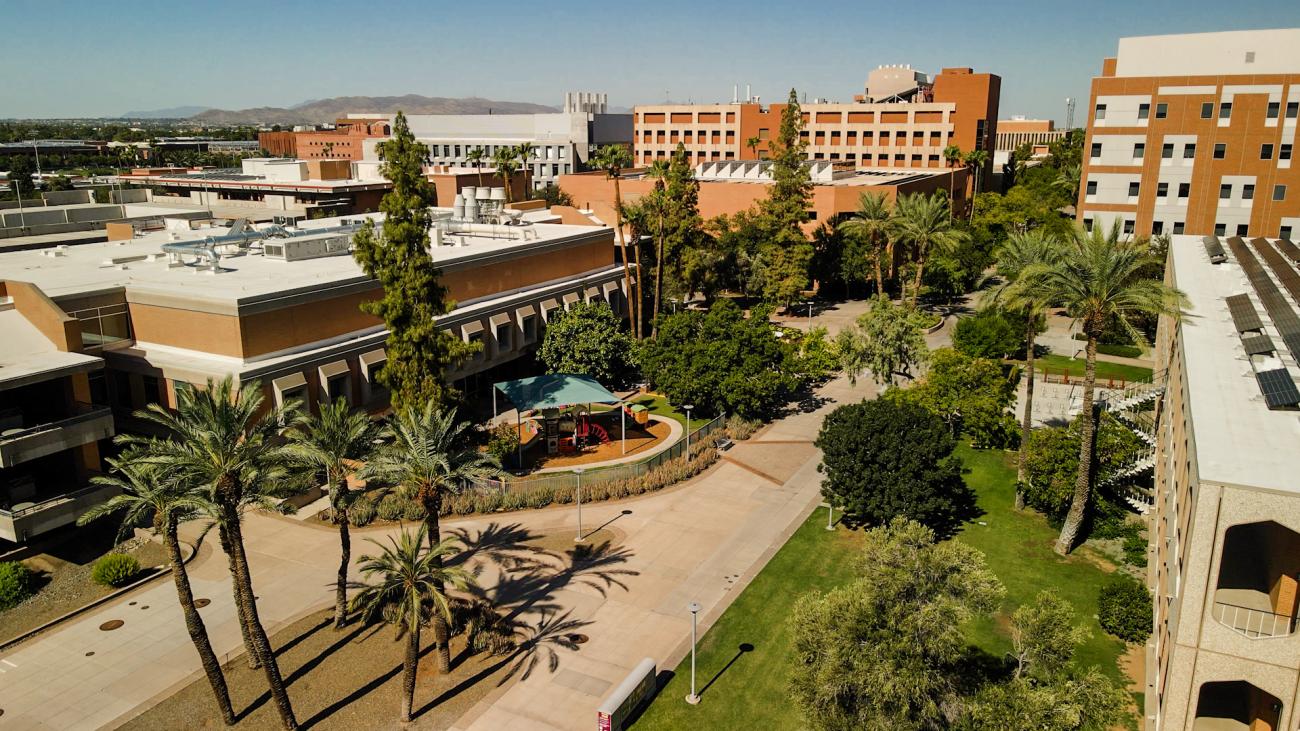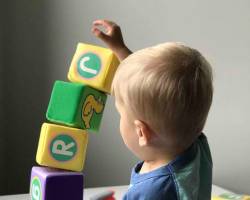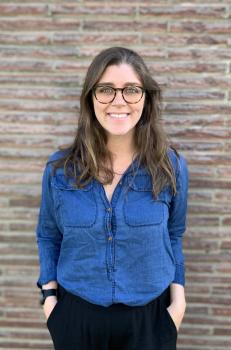
Emerging Minds Lab (Lucca)

Please visit our lab's website to learn about our research:
In our lab, we investigate how infants and young children learn about the world around them. We look at: (1) how children's early curiosity supports their thinking and reasoning; (2) what role the social and cultural environment plays in shaping early learning; and (3) how children's extraordinary capacity for learning differs from other closely related species. To conduct this work, we use a variety of methodological approaches (e.g. behavioral experiments, naturalistic observations, looking-based paradigms) across a range of species, ages, and diverse cultural groups
Twitter | Instagram | Facebook
The Emerging Minds Lab is a part of ASU's Early Childhood Cognition Research Group.
Families with infants and children aged 7 and younger can sign up to participate in our research studies here
2020
Lucca, K., Horton, R., & Sommerville, J. (2020). Infants rationally decide when and how to deploy effort. Nature Human Behavior.
Lucca, K., Gire, D., Horton, R., & Sommerville, J. (2020). Automated measures of force and motion can improve our understanding of infants’ motor persistence. Journal of Motor Development and Learning.
Lucca, K. The development of information-requesting gestures in infancy and their role in shaping learning outcomes. (2020). The Questioning Child: Insights from Psychology and Education. Butler, L., Ronfard., S., & Corriveau, K. (Eds.). Cambridge, UK: Cambridge University Press.
2019
Lucca, K., Hamlin, K., & Sommerville, J. (2019) Early moral cognition and behavior: Editorial. Frontiers in Psychology. (Complete eBook can be found here)
Lucca, K., Horton, R., & Sommerville, J. (2019) Keep Trying!: Parental language predicts infants’ persistence. Cognition.
2018
Lucca, K., & Wilbourn, M.P. (2018). The what and the how: Information-seeking pointing gestures facilitate learning object labels and functions in 18-month-olds. Journal of Experimental Child Psychology.
Lucca, K. & Sommerville, J. (2018) The little engine that can: Infants’ persistence matters. Trends in Cognitive Science.
Lucca, K., Popisil, J, & Sommerville, J. (2018). Fairness informs social decision making in infancy. PLOS ONE.
Sommerville, J., Enright, E.*, Horton, R*., Lucca, K.*, Sitch, M., & Kirchner-Adelhardt, S. (2018) Infants’ prosocial behavior is governed by cost-benefit analyses. Cognition.
2017
Lucca, K., MacLean, E., & Hare, B. (2017). The development and flexibility of gaze alternations in bonobos and chimpanzees. Developmental Science. doi: 10.1111/desc.12598
2016
Lucca, K., & Wilbourn, M.P. (2016). Communicating to learn: Infants’ pointing gestures reflect an optimal state for learning. Child Development. doi: 10.1111/cdev.12707
2015
Verdine, B.N., Lucca, K., Chang, A., Golinkoff, R. M., Newcombe, N.S., & Hirsh-Pasek, K. (2015). The shape of things: The origin of young children’s knowledge of the names and properties of geometric forms. Journal of Cognition and Development. 17(1): 142-161. doi: 10.1080/15248372.2015.1016610


